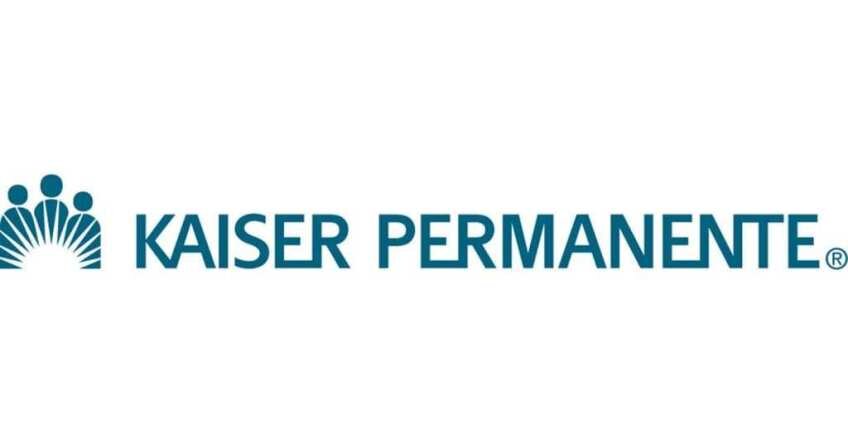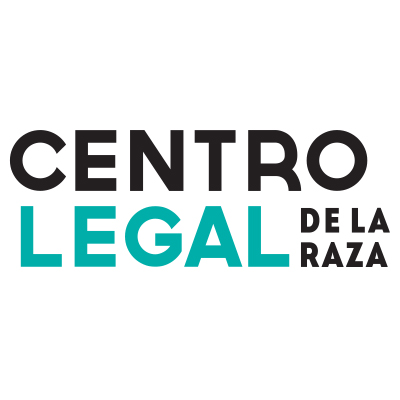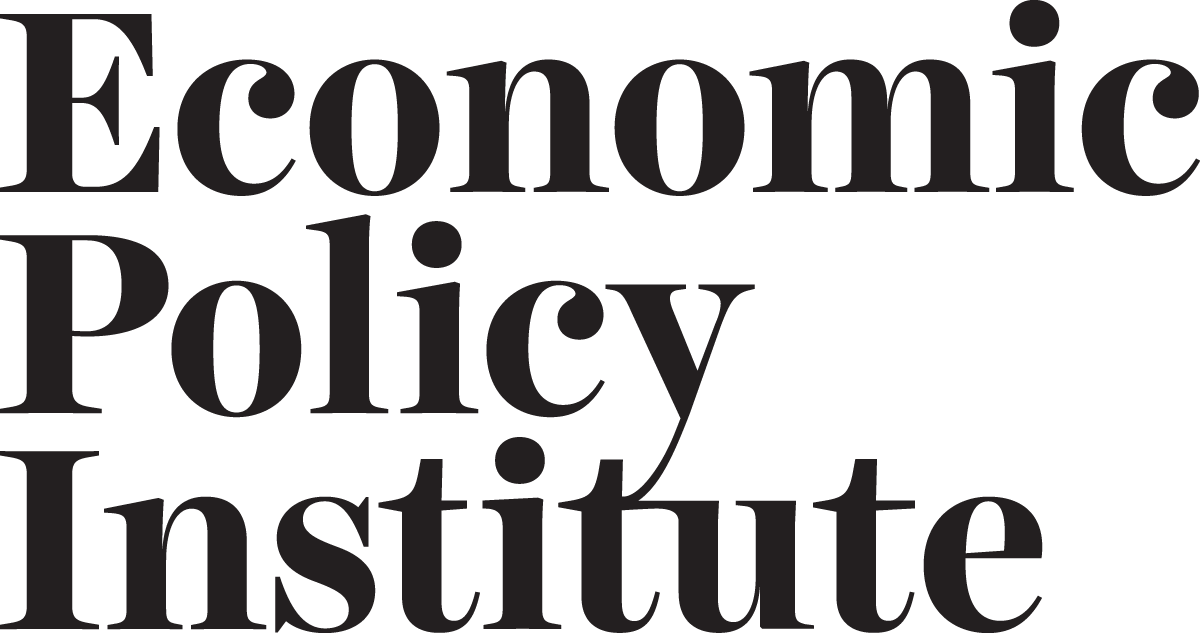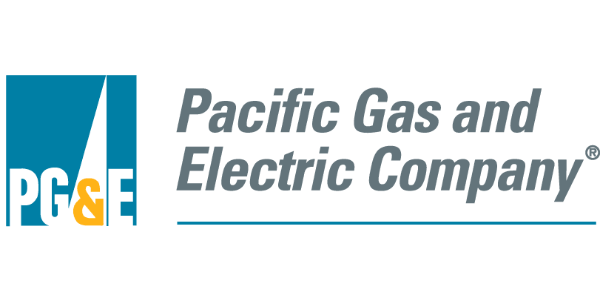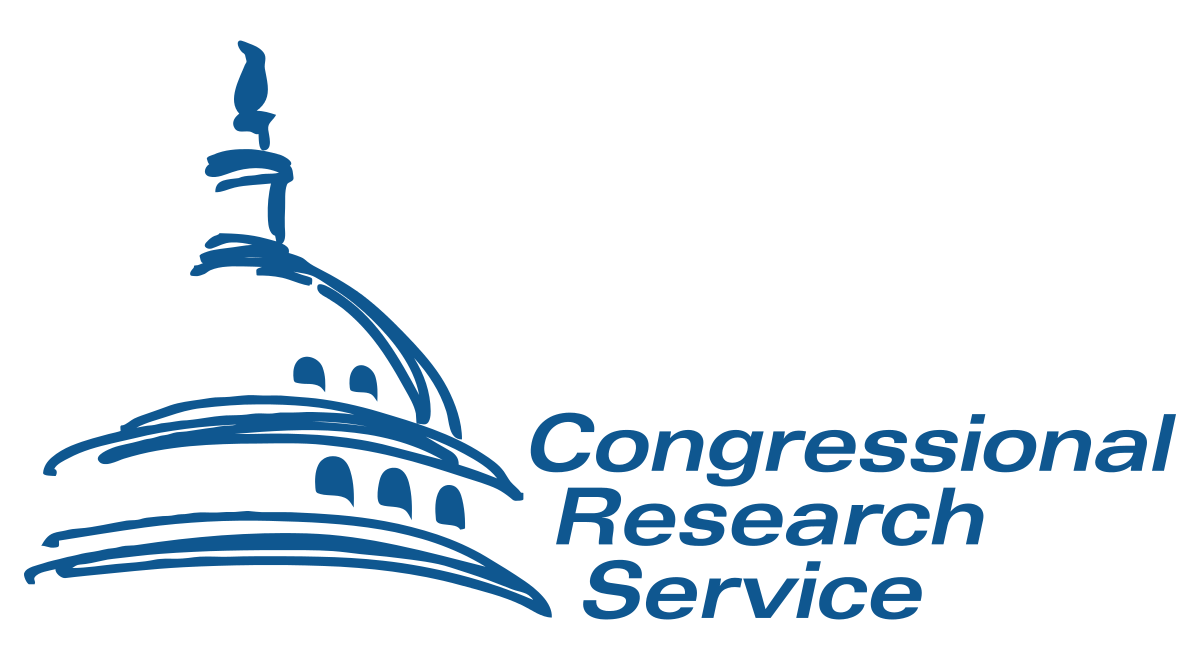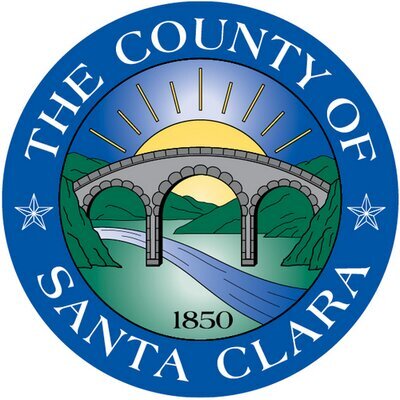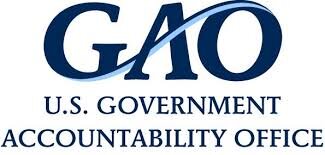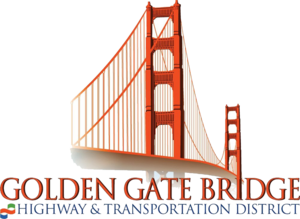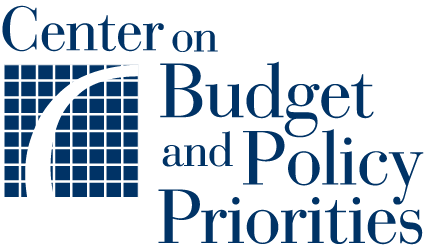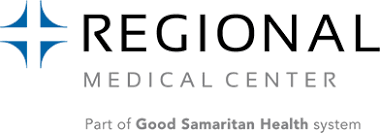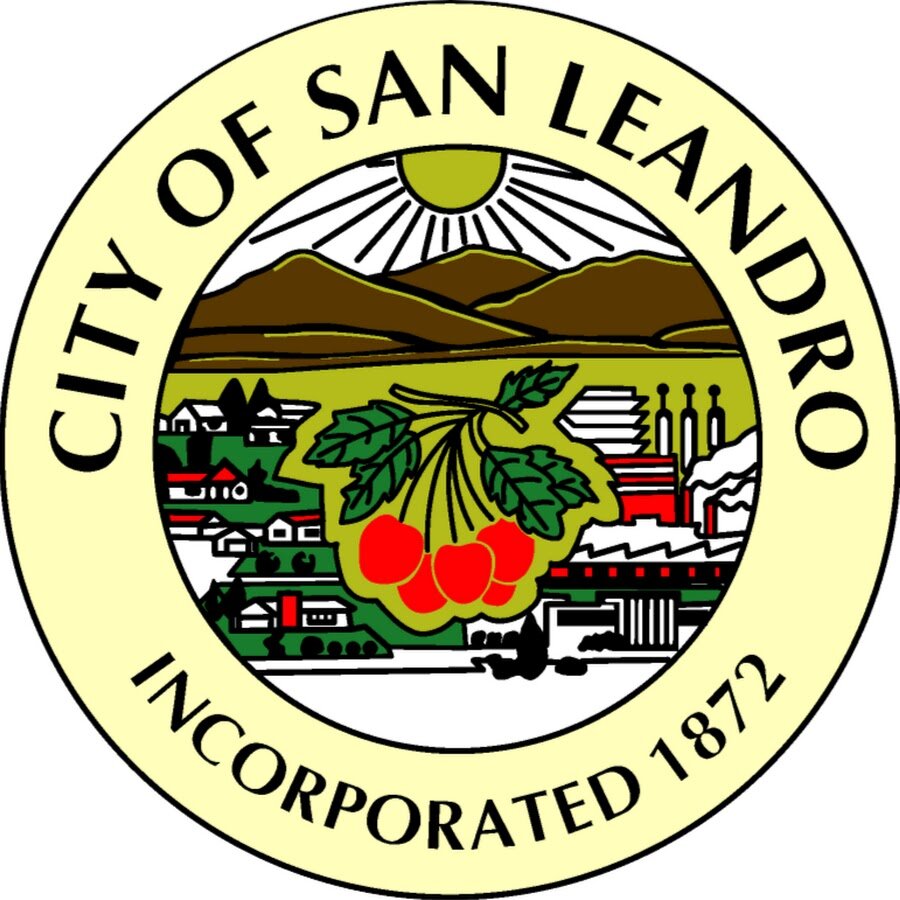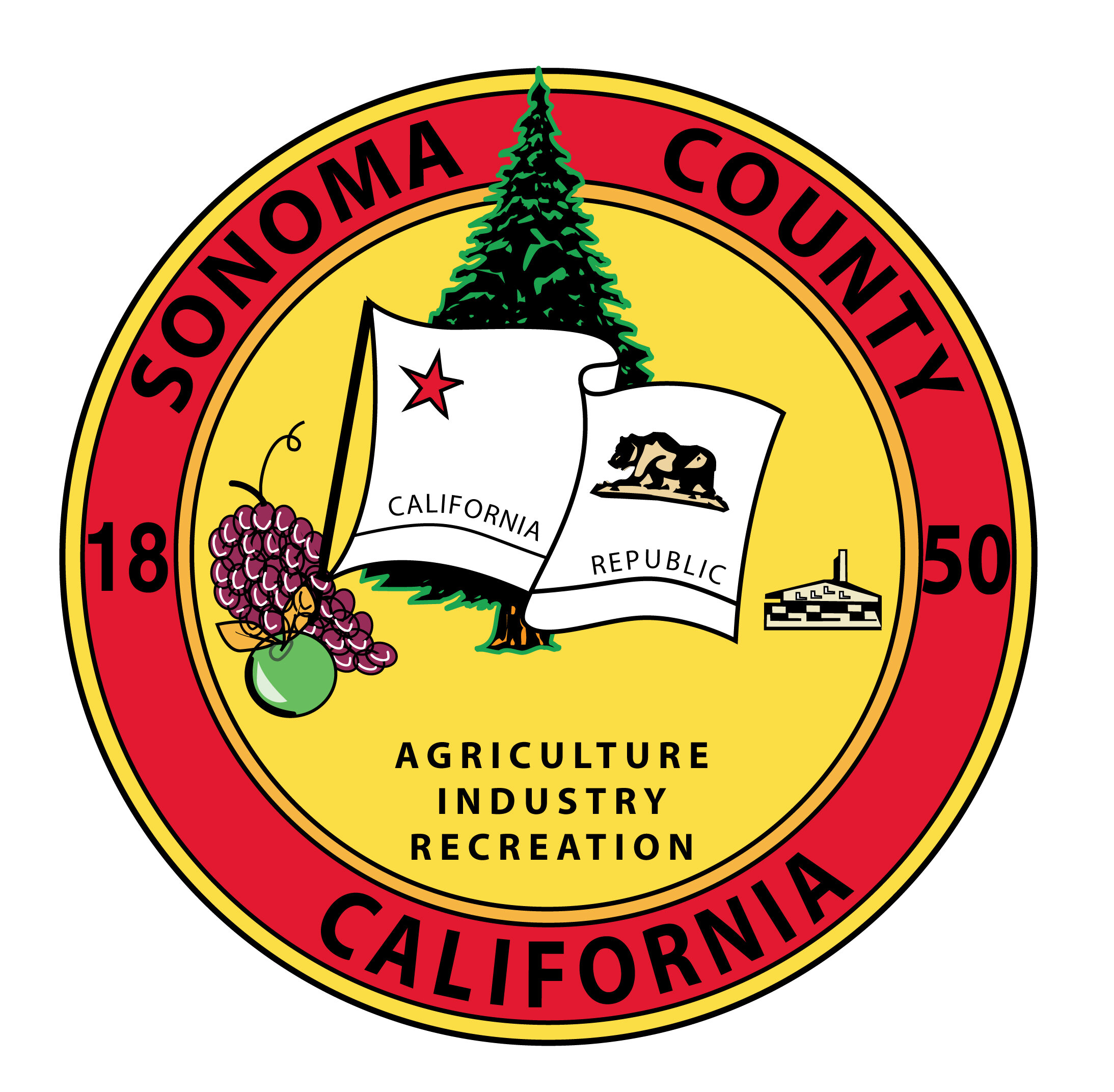FAQ
What is a union?
A group of employees who come together to negotiate with their employer over their wages, benefits, and working conditions. The employees are the union—they democratically elect their coworkers who oversee their union’s affairs and conduct negotiations with their employer. Unlike associations, employees in unions have the legal right to negotiate collectively with their employers.
What is collective bargaining?
Collective bargaining is the formal process employees in unions and their employers use to negotiate the terms and conditions of work—including wages, benefits, and working conditions. Similar to the contracts CEOs have that guarantee their pay, benefits, and other conditions of employment, the terms agreed upon during collective bargaining are solidified in a contract called the collective bargaining agreement. Collective bargaining agreements are commonly referred to as union contracts.
Why do professionals need a union?
Professionals have many of the same problems as other employees. They need good working conditions to do their jobs well: sane hours, a manageable workload, a decent wage, guarantee of fair benefits, protection from unjust treatment, respect, and recognition of skills, education, and expertise. For non-union professionals, most decisions concerning wages, benefits, and working conditions are made solely by their employers. By joining together in union, over six million professionals have gained a voice in the decisions that affect their work. With our union, professionals are gaining control of their work lives.





